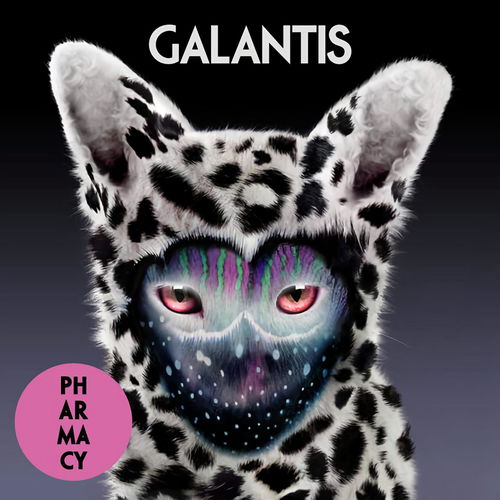
Understanding the Phenomenon

Have you ever wondered why you bite your tongue in your sleep? This peculiar occurrence, known as somnolent bruxism, is a common phenomenon that affects many people. It involves involuntary movements of the jaw and teeth during sleep, often resulting in the sensation of biting the tongue.
Causes of Tongue Biting in Sleep

The exact cause of somnolent bruxism is not fully understood, but several factors may contribute to this condition. Here are some of the most common causes:
| Factor | Description |
|---|---|
| Stress and Anxiety | High levels of stress and anxiety can lead to bruxism, as the body releases tension in the jaw muscles during sleep. |
| Teeth Alignment Issues | Malocclusion, or misaligned teeth, can cause discomfort and lead to grinding or clenching during sleep. |
| Medications | Some medications, such as antidepressants and stimulants, can increase the risk of bruxism. |
| Alcohol and Caffeine | Consuming alcohol or caffeine before bedtime can disrupt sleep patterns and increase the likelihood of bruxism. |
Symptoms and Effects

Biting your tongue during sleep can cause various symptoms, including:
- Pain or discomfort in the tongue, teeth, or jaw
- bruising or bleeding on the tongue
- difficulty speaking or swallowing
- teeth grinding or clenching
- Bruxism Appliances: Custom-made mouthguards or splints can help prevent teeth grinding and protect your tongue from injury.
- Stress Management: Techniques such as relaxation therapy, meditation, and exercise can help reduce stress and anxiety, which may contribute to bruxism.
- Medications: In some cases, your healthcare provider may prescribe medications to help manage symptoms or underlying conditions that contribute to bruxism.
- Teeth Alignment Correction: If malocclusion is a contributing factor, orthodontic treatment may be necessary to correct the alignment of your teeth.
- Avoid alcohol and caffeine before bedtime
- Practice good sleep hygiene, such as maintaining a consistent sleep schedule and creating a comfortable sleep environment
- Relax your jaw muscles before bed by gently massaging the area
- Consider seeking professional help if you have stress or anxiety issues
While these symptoms may seem minor, they can significantly impact your quality of life. In some cases, chronic bruxism can lead to dental damage, temporomandibular joint (TMJ) disorders, and other health issues.
Diagnosis and Treatment
If you suspect you have somnolent bruxism, it’s essential to consult with a healthcare professional. They can diagnose the condition through a physical examination and may recommend one or more of the following treatments:
Prevention and Tips
While there’s no guaranteed way to prevent somnolent bruxism, there are several strategies you can try to reduce your risk:
Conclusion
Biting your tongue in your sleep can be an unsettling experience, but it’s important to understand that it’s a common condition with various causes and treatments. By identifying the underlying factors and implementing appropriate strategies, you can reduce your risk of bruxism and improve your overall quality of life.



